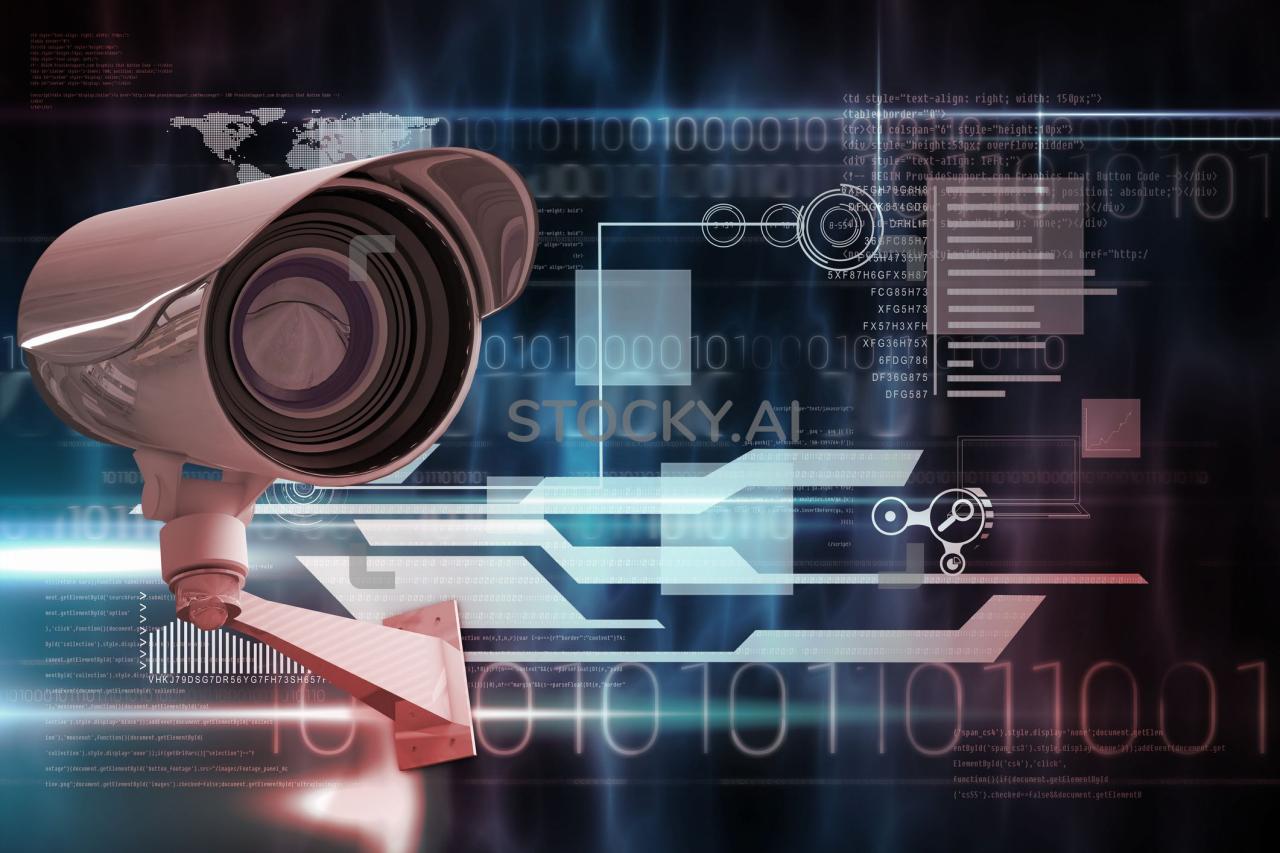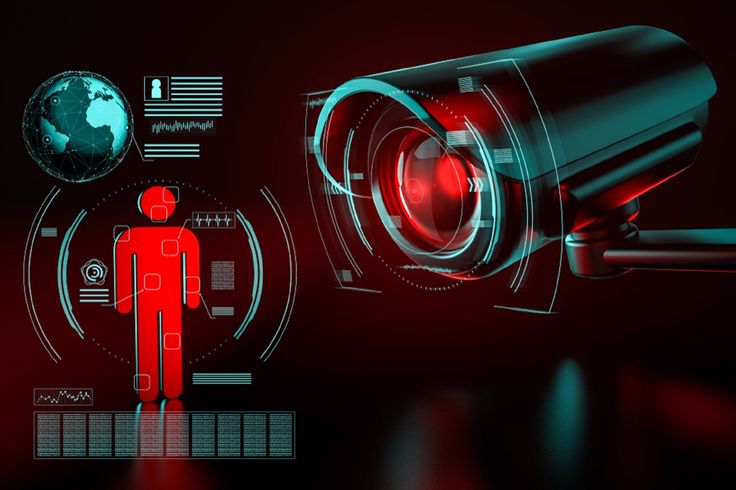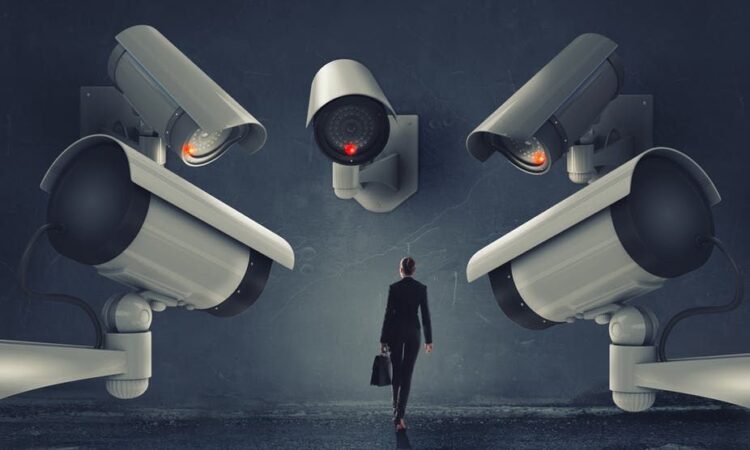In an era defined by unprecedented connectivity, the silent hum of digital surveillance has become an omnipresent facet of modern existence. From the moment we awaken and reach for our smartphones to our interactions in the sprawling digital landscapes of social media and e-commerce, our data is being collected, analyzed, and archived. This constant stream of information, while offering undeniable benefits in realms such as law enforcement and personalized services, casts a long and complex shadow over our fundamental rights to privacy and autonomy. The ethics of digital surveillance, therefore, is not merely a niche technological debate but a pressing societal issue that demands a thorough and nuanced examination. As we venture deeper into this digital frontier, it becomes imperative to dissect the intricate web of moral considerations that underpin the pervasive monitoring of our lives. This exploration is crucial to forging a path forward that balances the allure of security and convenience with the preservation of the core tenets of a free and open society.
The All-Seeing Eye: Understanding the Scope of Modern Surveillance
To grasp the ethical quandaries of digital surveillance, one must first comprehend its sheer scale and scope. It is a multifaceted ecosystem that extends far beyond the clichéd image of government agents listening in on phone calls. The modern surveillance apparatus is a complex tapestry woven from various threads of technology and intent, each with its own set of ethical implications.
A. Governmental Surveillance: In the post-9/11 world, national security has often been the primary justification for expansive government surveillance programs. Agencies like the National Security Agency (NSA) in the United States have been at the center of controversies surrounding the bulk collection of metadata, a practice that captures information about who we call, when we call them, and for how long. Proponents of such programs argue that they are a vital tool in preventing terrorism and other major crimes, allowing intelligence agencies to connect the dots and identify potential threats before they materialize. However, the ethical tightrope here is perilously thin. Critics contend that mass surveillance constitutes an unacceptable infringement on the privacy of innocent citizens, creating a “chilling effect” on free speech and association. The fear of being monitored can stifle dissent and lead to self-censorship, undermining the very foundations of a democratic society.
B. Corporate Surveillance: Beyond the realm of government, a perhaps even more pervasive form of surveillance is conducted by corporations. The business models of tech giants like Google, Facebook (now Meta), and Amazon are predicated on the collection and analysis of vast amounts of user data. Every search query, every “like,” every purchase is meticulously logged and used to build detailed profiles of our preferences, habits, and even our political leanings. This data is then leveraged for targeted advertising, a multi-billion dollar industry that fuels the digital economy. While users ostensibly consent to this data collection by agreeing to lengthy and often unread terms of service, the ethical questions surrounding informed consent are significant. Is it truly a free choice when participation in the digital world is all but mandatory for social and professional engagement? Furthermore, the potential for this data to be used for more than just advertising, such as influencing political opinions or creating discriminatory pricing models, raises profound ethical concerns.
C. Social Surveillance: The rise of social media has ushered in a new era of peer-to-peer surveillance. We willingly share intimate details of our lives online, creating a digital footprint that can be scrutinized by friends, employers, and even strangers. This “social surveillance” can have tangible consequences, from job applicants being rejected due to their online posts to individuals facing public shaming and harassment. The ethical lines here are blurred, as the act of sharing is voluntary. However, the platforms themselves are designed to encourage oversharing, and the long-term implications of our digital disclosures are often not fully understood at the moment of posting.
The Moral Compass: Ethical Frameworks for a Surveillance Society
Navigating the ethical minefield of digital surveillance requires a set of guiding principles. Several ethical frameworks can be applied to help us dissect the moral dimensions of this complex issue and provide a structured approach to evaluating the justifications and consequences of surveillance practices.
A. Utilitarianism: This framework, at its core, seeks to maximize overall happiness and well-being. A utilitarian approach to digital surveillance would weigh the potential benefits against the potential harms. The benefits, such as increased security and crime prevention, would be pitted against the harms, including the erosion of privacy and the potential for misuse of data. A strictly utilitarian calculus might justify certain forms of surveillance if it can be demonstrated that they lead to a net positive outcome for society as a whole. However, a significant challenge with this approach lies in the difficulty of quantifying and comparing these disparate values. How do we measure the value of privacy against the value of preventing a terrorist attack? The answer is far from straightforward.
B. Deontology: In contrast to utilitarianism, deontology focuses on the inherent rightness or wrongness of actions, regardless of their consequences. A deontological perspective would argue that certain actions, such as violating an individual’s right to privacy, are intrinsically wrong. From this viewpoint, mass surveillance would be ethically impermissible, even if it could be proven to prevent harm. The principle of “do not treat people as a means to an end” is central to deontological thought. In the context of surveillance, this would mean that individuals should not be treated as mere data points to be collected and analyzed for the benefit of the state or a corporation.
C. Virtue Ethics: This framework shifts the focus from actions and consequences to the character of the moral agent. A virtue ethics approach would ask what a virtuous person or a virtuous society would do in the face of digital surveillance. Virtues such as justice, fairness, and respect for individual dignity would be paramount. This perspective would encourage a more holistic and context-sensitive approach to the issue, considering not just the immediate impacts of surveillance but also its long-term effects on the moral fabric of society.
The Double-Edged Sword in Action: Case Studies and Emerging Technologies

The theoretical debates surrounding digital surveillance are brought into sharp focus when we examine real-world case studies and the ethical challenges posed by emerging technologies.
A. The Snowden Revelations: In 2013, former NSA contractor Edward Snowden leaked a trove of classified documents that exposed the vast scale of global surveillance programs conducted by the United States and its allies. These revelations sparked a worldwide debate about the balance between national security and individual privacy, leading to some reforms in surveillance laws and increased public awareness of the issue. The Snowden case highlighted the profound ethical dilemmas faced by whistleblowers and the immense power wielded by intelligence agencies in the digital age.
B. China’s Social Credit System: China’s social credit system is a prime example of how digital surveillance can be used for social engineering. The system assigns citizens a “social credit” score based on their online and offline behavior, with consequences for those who fall below a certain threshold. While the stated goal is to promote trust and good behavior, critics argue that it is a tool for authoritarian control that stifles dissent and enforces conformity. The ethical implications of such a system are deeply troubling, raising questions about the role of the state in shaping individual morality.
C. The Rise of Facial Recognition Technology: Facial recognition technology is rapidly becoming more sophisticated and widespread, with applications ranging from unlocking smartphones to identifying suspects in criminal investigations. However, the potential for misuse is immense. The technology has been shown to be less accurate in identifying women and people of color, raising concerns about algorithmic bias and discrimination. The prospect of a future where our movements and associations are constantly tracked through facial recognition is a dystopian vision for many, and the ethical debate over its use is far from settled.
D. The Internet of Things (IoT) and the Smart Home: The proliferation of internet-connected devices in our homes, from smart speakers to refrigerators, creates a vast network of sensors that can collect intimate details about our daily lives. While these devices offer convenience, they also represent a significant privacy risk. The data they collect can be vulnerable to hacking and can be used by companies to build even more detailed profiles of our habits and preferences. The ethical challenge lies in ensuring that the benefits of the smart home do not come at the cost of our privacy and security.
Forging a Path Forward: Towards a More Ethical Surveillance Future

The challenges posed by digital surveillance are significant, but they are not insurmountable. A combination of legal, technological, and educational initiatives can help us navigate a path towards a future where the benefits of technology can be harnessed without sacrificing our fundamental rights.
A. Strengthening Legal Protections: Robust legal frameworks are essential to protect individuals from a surveillance state. This includes strengthening data protection laws, requiring greater transparency from government agencies and corporations about their surveillance practices, and establishing independent oversight bodies to ensure accountability.
B. Promoting Privacy-Enhancing Technologies: Technological solutions can also play a crucial role in empowering individuals to protect their privacy. This includes the development and adoption of end-to-end encryption, anonymizing tools, and other privacy-enhancing technologies that give users more control over their personal data.
C. Fostering Digital Literacy: Education is a powerful tool in the fight for digital rights. By fostering greater digital literacy, we can empower individuals to make more informed choices about the technologies they use and the data they share. A more informed public is also better equipped to engage in the democratic debate about the future of surveillance.
In conclusion, the ethics of digital surveillance is a complex and multifaceted issue with no easy answers. It requires a delicate balancing act between competing values and a constant vigilance against the potential for abuse of power. As technology continues to evolve at a breathtaking pace, the need for a robust and ongoing ethical dialogue is more urgent than ever. The choices we make today about the role of surveillance in our society will have profound and lasting consequences for generations to come. It is a responsibility we must all share in shaping a digital future that is not only secure and convenient but also free and just.











